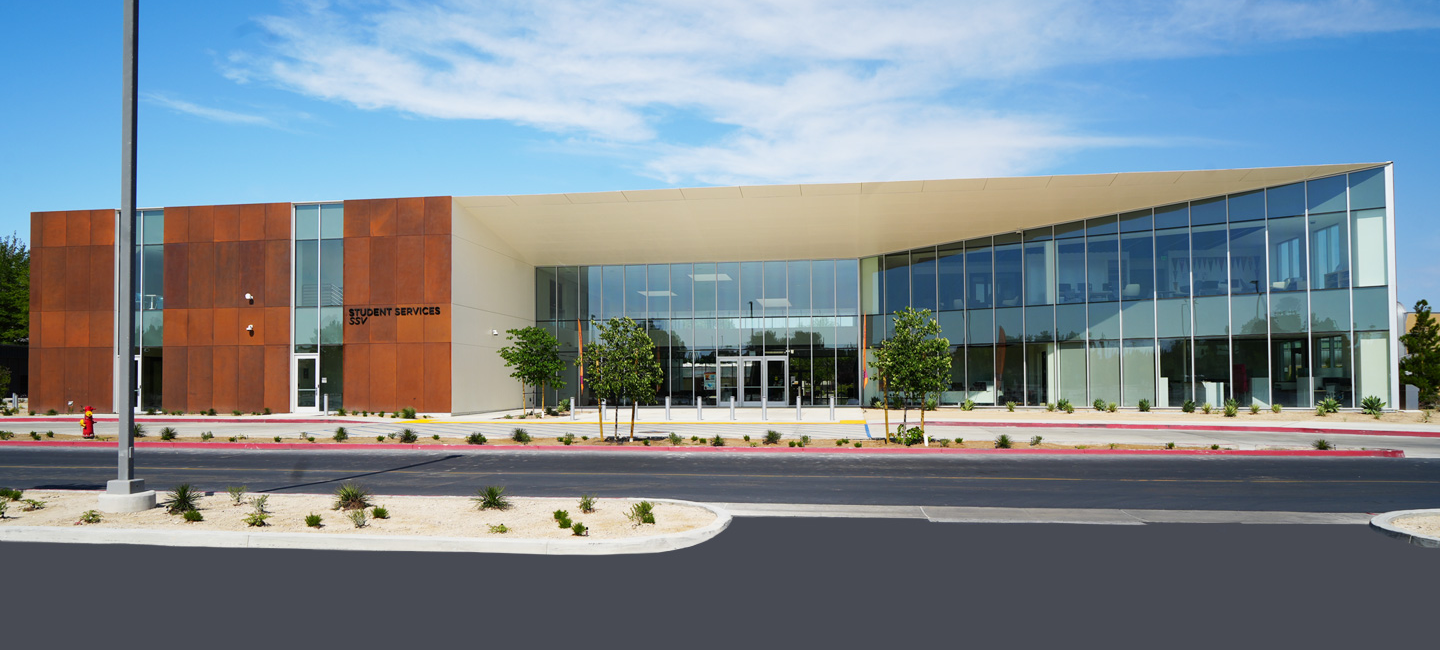
Faculty Learning Communities Program Overview
The Faculty Learning Communities (FLCs) Program offers cohort- and topic-based collaboration in order to support, guide, and re-energize faculty members in the enhancement of teaching methods, in the encouragement of scholarly exchange, and in the promotion of institutional engagement and transformation. Participation in a Faculty Learning Community is a year-long, dedicated commitment in a group of 6 to 15 members (with 8 to 12 being the recommended size). A participant who successfully completes the year of FLC will earn up to 20 hours Standard 1 FPD credit. The FLC Facilitator is entitled to claim an additional 10 hours of Standard 2 credit hours. A person is allowed to participate in only one FLC per academic year.
Program Outcomes (Supported by AVC Institutional Learning Outcomes)
- Build college-wide, cross-discipline, and departmental community through the veneration of teaching, learning, research, and scholarship
- Investigate and incorporate ways that diversity and innovation can enhance teaching, learning, and assessment methods
- Expand creative, critical, and communication skills, resulting in greater self-reflection and awareness of others
- Increase civic responsibility and interest in institution-wide perspectives and cultural narratives, as they impact teaching, learning, and student success
Program Options
There are two types of faculty learning communities: cohort-based and topic-based.
- Cohort-based learning communities address the teaching, learning, and developmental needs of a specific group of faculty or staff in a shared stage or phase of their career. The content of such a year-long community is shaped by the participants to include a broad range of teaching and learning areas and topics of interest to them. As a result of their participation in the program, these communities will make a positive impact on the culture of the institution. Four examples of cohort-based communities are those for junior faculty, for mid-career and senior faculty, for preparing future faculty, and for department chairs.
- Topic-based learning communities design content to address a special campus or divisional teaching and learning need, issue, or opportunity. Focusing on a specific theme, these FLCs offer membership to and provide opportunities for learning across all faculty ranks and cohorts, and may extend membership to appropriate non-faculty members. Examples of topic-based learning communities include those focused on Guided Pathways, AVID for higher education, social justice and student equity, writing across the curriculum, and undergraduate student research.
In order to learn more about the program and its requirements, including the role of the facilitator, contact the FPDC Chair or the FLC Liaison, Mark Hoffer (mhoffer@avc.edu).
|
Program Requirements |
Due Dates |
|
Facilitator informs FPDC Chair and FLC Liaison via email of FLC member list and focus |
Fall, Week 3, Tuesday |
|
FLC Plan due to FPDC Chair and FLC Liaison |
Fall, Week 4, Friday |
|
First Semester Reflective Report due to FPDC Chair and FLC liaison |
Fall, Week 14, Friday |
|
Second Semester Reflective Report due to FPDC Chair and FLC Liaison |
Spring, Week 14, Friday |
